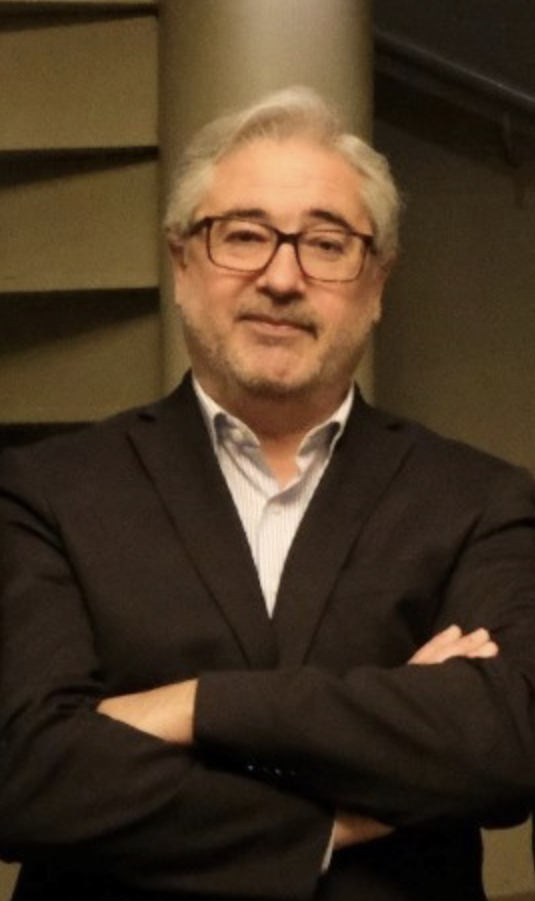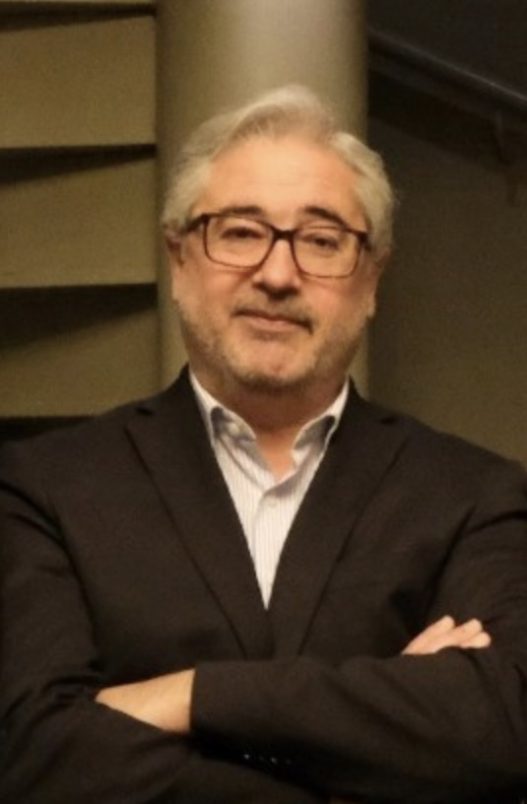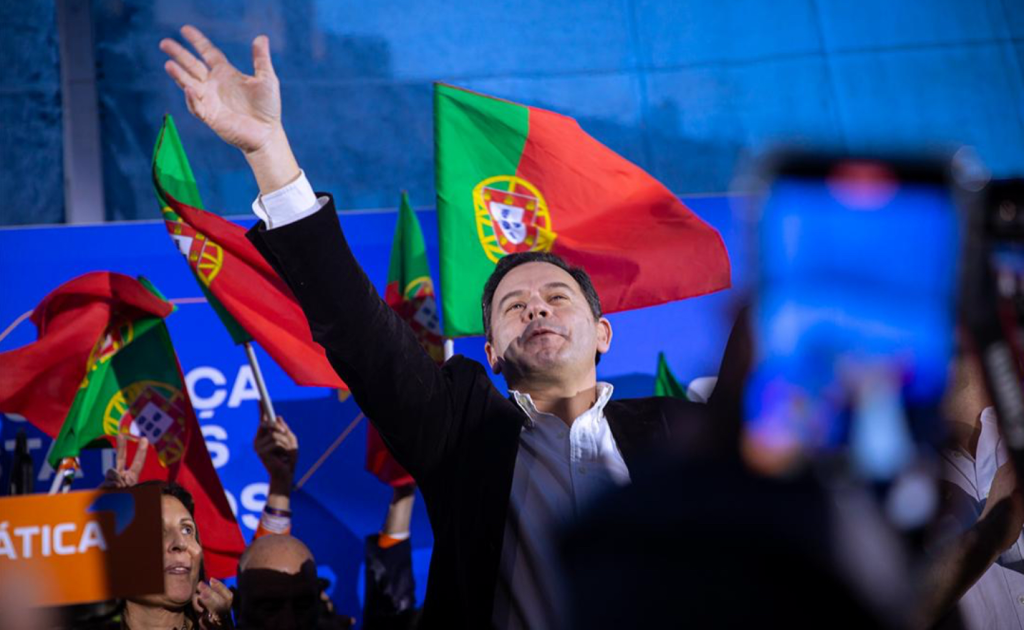FERNANDO RODRIGUES PEREIRA
WHAT NOW, PORTUGUESE?

By Fernando Rodrigues Pereira, communication consultant, director of Prestomedia Portugal
Election day is always a day of celebration for democracy… it is to see it working at full capacity, it is the people who speak! We should all be happy. But, in reality, it is only a party for those who win or, at least, for those who between the lines find reasons to see that they are also part of the victory. And we take the famous group photo.
But after the party and the photo we face reality. The photo is to fix a moment, to make it static. And the hangover? That is dynamic, it lasts in time. And Portugal has a hangover.
The night was long and full of surprises. Good? Bad? I’ll try to be objective, but my head still hurts… the surprises were others. Let’s get to the point:
HOW DID WE GET HERE?
A few months ago, the majority socialist government fell with the resignation of the experienced Antonio Costa, indirectly related – because nothing directly implicates him – to a corruption scandal involving figures very close to him. But there were already some serious symptoms…
The Government was living solely and exclusively on the figure of its leader, it lacked strength, ideas and capacity for execution and the “street” became too “noisy”: strikes in schools, a national health service that was deteriorating before everyone’s eyes, the security forces and the (scarce) military demonstrating, the cost of living worsening, young executives emigrating in search of decent salaries, emigration figures -necessary- that indicated an out-of-control….
The President of the Republic opted to send the country to elections and the parties rushed to the fore. The Socialists with an impulsive new leader; the opposition leaders, the center-right Social Democratic Party allied with a small historic conservative party in the Democratic Alliance, put their moderate leader, Luis Montenegro, well placed to seize power.
In a country where, despite some loopholes, bipartisanship prevailed, these lines could suffice. But a wild card was already looming. Until yesterday, a small elephant was already in the room, but many pretended (including the President of the Republic) not to see it clearly enough: a new party, Chega, led by a young, ambitious, courageous, handsome and well-spoken leader. A street party which, in the ideology of the radical right and in the failures of a bourgeois regime, based on a too present but inconsistent State, found a boiling pot. And, tcharam! The mild-mannered country woke up with a big hangover that could turn into a more prolonged and serious illness.
WHERE ARE WE NOW?
AD was the most voted party in the legislative elections, with 29.49% of the votes, and elected 79 deputies to the Assembly of the Republic. More was needed. The Socialist Party came in second place with 28.66%, but with some 500,000 votes less, electing 77 deputies. An unequivocal defeat for a party which dominates the current state machinery. Although the results of the emigration constituencies (4 deputies) have not yet been finalized, Luis Montenegro will be appointed Prime Minister by the President of the Republic.
Taking into account that the leader of AD, Luís Montenegro, has guaranteed that he will not make a political governability agreement with the radical Chega party, and discarding the possibility of a national unity alliance with the PS, we may expect a legislature characterized by the need for political agreements, broken by force of arms, in the day to day life of a living and breathing parliament.
Chega is the great winner of the night, having obtained more than one million votes. From one deputy six years ago, it went to 12 in 2022 and today has 48 seats in a 230-seat parliament. It is “definitely” the third party, indispensable for parliamentary agreements, annihilating the two-party system.
The left-wing parties lost their majority in Parliament: the PS lost 40 deputies, the CDU, the communists, lost 2, the Bloco, left-wing radicals, kept 5 and the PAN, a floating animalist party, kept only one deputy. Only Livre, the urban caviar left, grew from a single deputy to 4. On the right, the Democratic Alliance reached 79 deputies, IL, the liberals, maintained its 8 deputies and Chega quadrupled its number of deputies.
A noteworthy fact: abstention, when the votes of Portuguese emigrants have not yet been counted, has dropped significantly, almost 10%. The “new voters” and the “sleeping voters” may have contributed to this confusing picture. But let’s be serious, you can’t call for turnout one day and criticize the “quality” of the votes the next day!
Added to this are some curious facts: a significant number of the votes obtained by this radical right-wing party were “unearthed” in former electoral fiefdoms that for decades were “owned” by the historic and orthodox Portuguese Communist Party, now reduced to three timid deputies. And a hitherto unknown party outside the system, ADN, which grew by 400% thanks to the sudden support of the evangelical community, has reached 100,000 votes and has fallen just short of entering Parliament.
AND NOW WHAT?
I think that, given the delicacy of the situation, it is better to be objective.
The President of the Republic has two constitutional obligations: to hear all the parties with elected deputies (and he usually does it quickly, during this week) and to appoint the Prime Minister “taking into account the electoral results” (which he must do the day after hearing everyone). Once appointed, the Prime Minister, who should be Luis Montenegro, of the Democratic Alliance, will deliver the composition of the new government to the President of the Republic.
This will be followed by the inauguration of the new Government, which will only take place once the Assembly of the Republic is operational. This is expected to occur in early April. After the appointment, the Prime Minister has 10 days to present the government program to the Assembly of the Republic.
If there is no motion of rejection, the program is not vetoed and the government takes office. If a motion of rejection is passed, the government falls. But the leader of the opposition, Socialist Pedro Nuno Santos, although he has already promised fierce opposition, says he responsibly will not do so. But if this rejection scenario materializes, the President of the Republic returns to listen to the parties and can: appoint a new Prime Minister, call new elections within six months (with the Government in office). Normally, this process lasts one month.
But if anyone likes political games, it is the President of the Republic. We shall see…
In the meantime… the world does not stop. Portugal has not been growing steadily for 20 years, the Europe of “community funds” is looking askance, defense budgets will have to grow, the rest of the world is also in danger… will the soft touch continue to work?
————
This article is free to use. If you use it, please cite the author and EditoRed.
Read here the original text in Portuguese.



